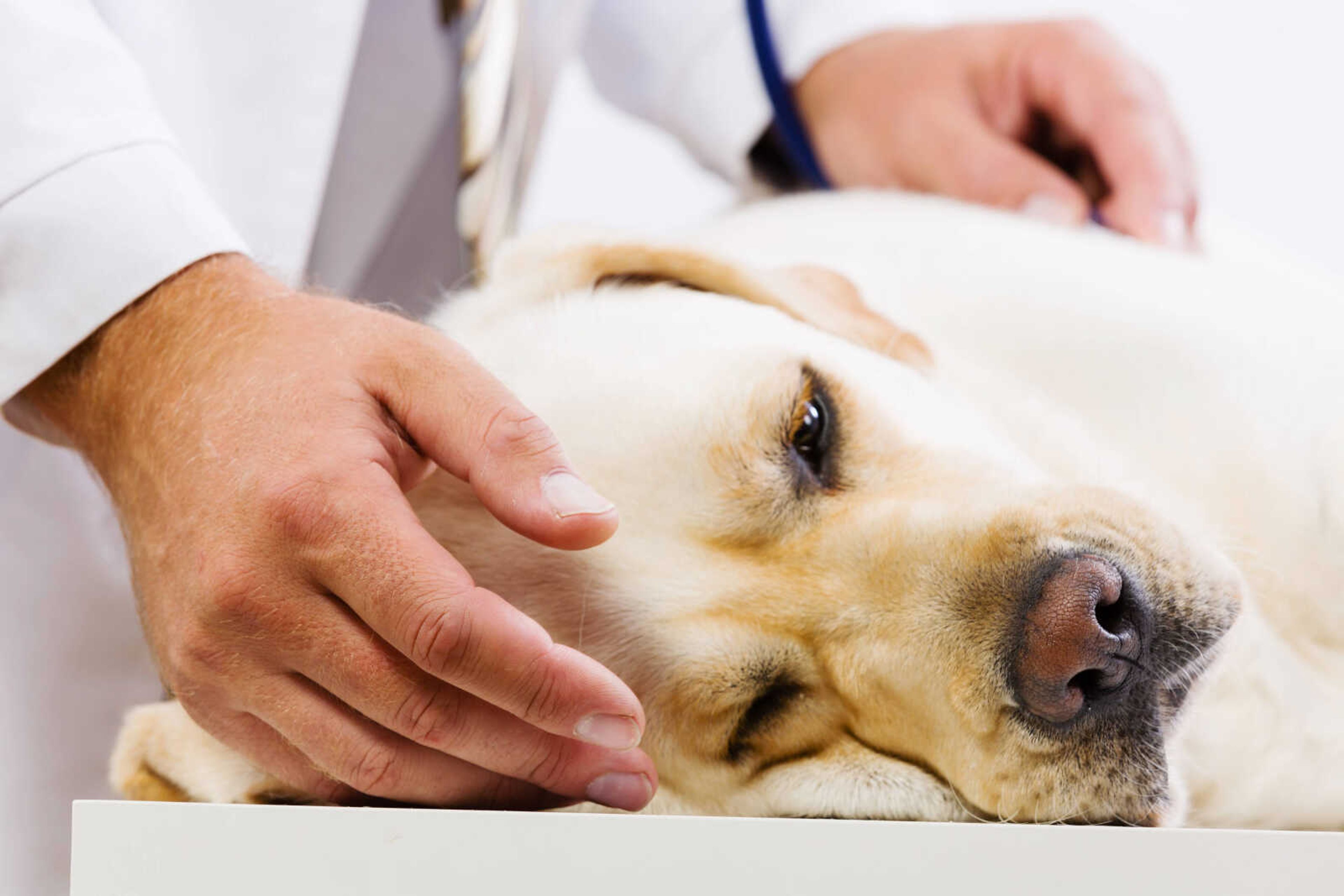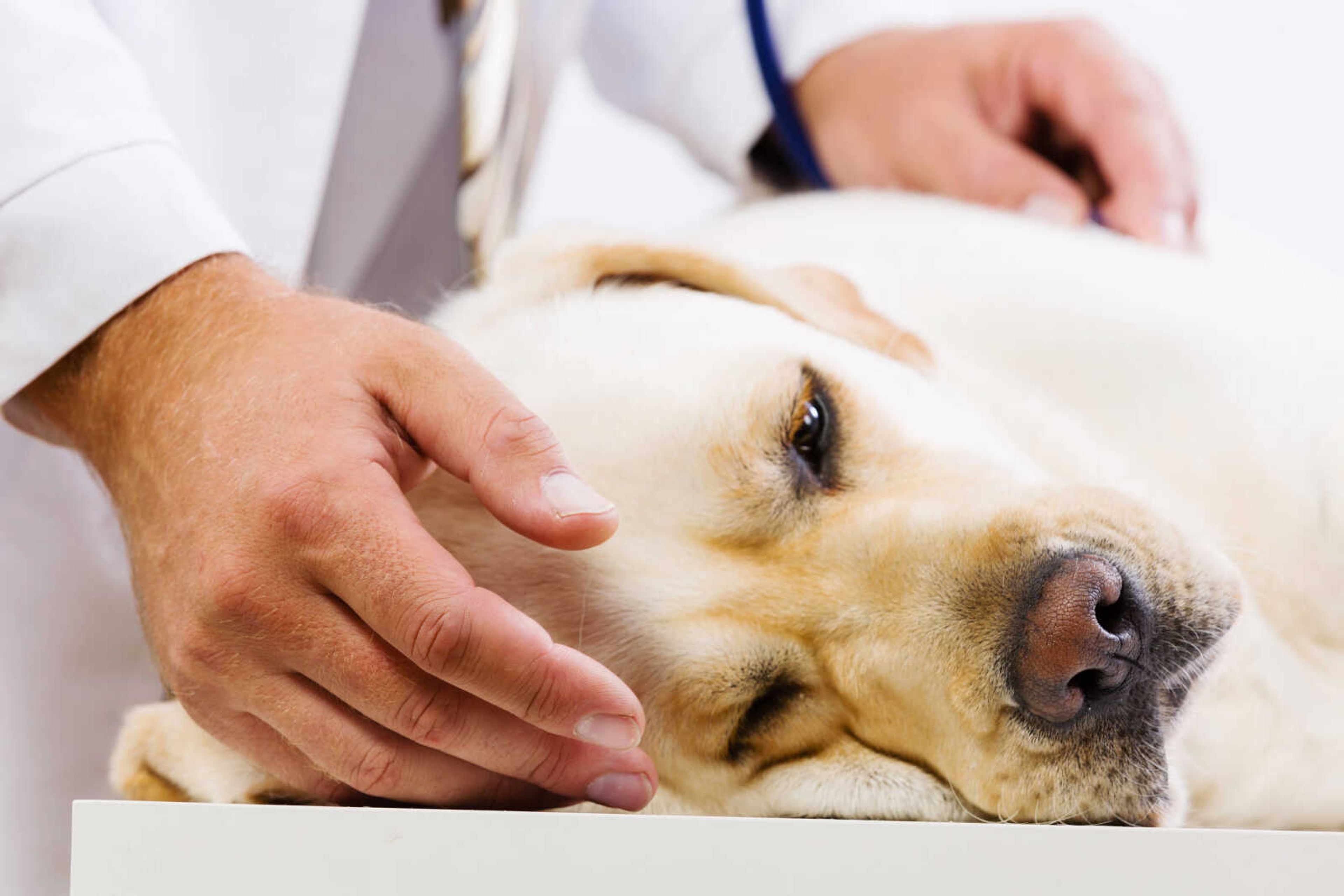What to do if your pet eats mouse poison
The air is crisp, and so the critters want to come indoors. Homeowners often put out rat or mouse poison to keep these pests away. While these rodenticides are effective, the chemicals they contain are also potentially deadly when cats or dogs eat them. Rat poison can cause internal bleeding, kidney failure, organ damage and even death. Here’s what to do if you think your cat or dog has come into contact with these poisonous pellets or gels...
The air is crisp, and so the critters want to come indoors. Homeowners often put out rat or mouse poison to keep these pests away. While these rodenticides are effective, the chemicals they contain are also potentially deadly when cats or dogs eat them. Rat poison can cause internal bleeding, kidney failure, organ damage and even death. Here’s what to do if you think your cat or dog has come into contact with these poisonous pellets or gels.
First, call your veterinarian immediately. Your pet’s symptoms may not display until three to five days after ingestion, so it’s vital the cat or dog receives treatment.
__Signs of internal bleeding can include: __

• Weakness and tiredness
• Vomiting or coughing blood • Nose bleeds • Bleeding from the gums • Bloody stools • Breathing difficulties
Your vet will want to know as much information as possible in order to identify the type of poison and decide the best treatment. If you can, take note of the following information to tell your veterinarian:
• Your pet’s weight • The day and time of exposure • Brand name and manufacturer of poison • Package size (Take the packaging with you, if possible) • Approximately how much is missing from the pack
The effect rat poison can have on pets often depends on the type of poison and the amount consumed. Some are formulated to work gradually after multiple feedings, while others will poison rodents — and other animals — after just one dose. If we suspect rat poisoning, we will likely induce vomiting, administer charcoal treatment and prescribe Vitamin K. If your pet survives — and we certainly will do our best — we will often follow up with another visit to conduct a blood clotting test.
Also, if your cat or dog ate a rodent who’s been poisoned itself, it’s always possible your cat or dog could die from what we call secondary rat poisoning. This is why veterinarians often recommend homeowners use traps instead of poison if you have pets living with you. We know this information can be alarming, so when in doubt, please call us right away if you have any concerns.
Connect with the Southeast Missourian Newsroom:
For corrections to this story or other insights for the editor, click here. To submit a letter to the editor, click here. To learn about the Southeast Missourian’s AI Policy, click here.










